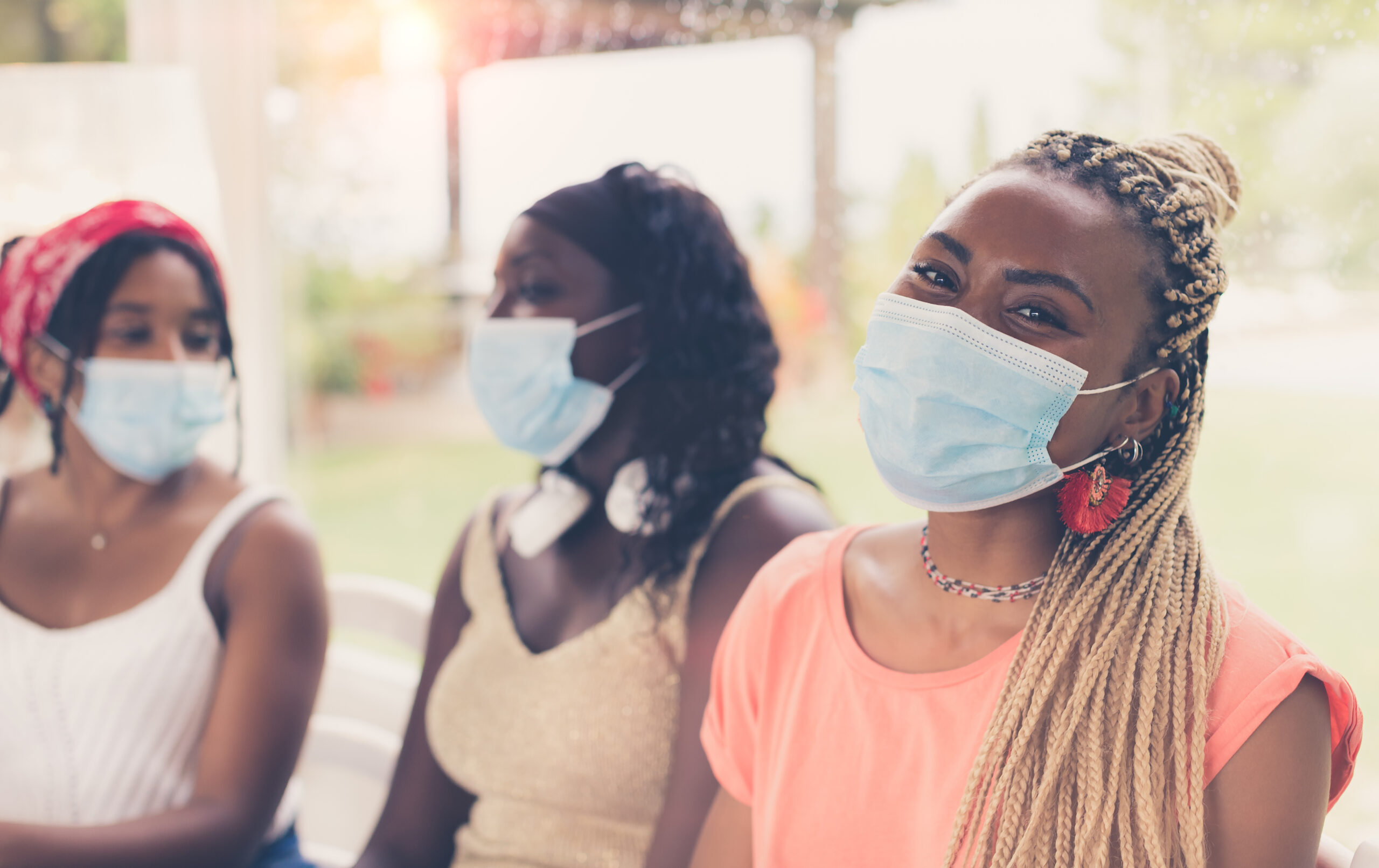Black women passed over for state and local jobs at higher rates
In 2018 and 2019, Black women were 58 percent less likely to be hired than white men
A new report revealed that Black women are less likely to be hired than their counterparts when applying for State and local government positions.
The New York Times reported that data released by GovernmentJobs.com showed a large disparity between Black women who claimed jobs compared to white men. The study analyzed more than 16 million applicants by race, ethnicity and gender in 2018 and 2019. According to the results, Black women were 58 percent less likely to be hired than white men. Over all, women were 27 percent less likely to be hired than qualified men.
Read More: Kelly Rowland encourages Black women to ‘lift each other up’
A woman named Penisha Richardson shared with the NYT that during her past job search through public and private sectors, she had better results when she shortened her name.
“I had one person tell me I should go by Penny because it’s easier to pronounce,” she shared with the Times.
According to the report, Black Americans make-up 13 percent of the population, but represent 28 percent of applications for state and local government jobs. The study also found Black women were more likely to land interviews when all identifying information was withheld during the application process.
2,700 job seekers were surveyed and almost one third claimed to have been discriminated against in the private sector. The New York Times reported that due to the coronavirus pandemic, nearly 1.4 million of state and local work jobs have disappeared. In total, the roles account for about 13 percent of jobs in the country.
Read More: Honestie Hodges and the intersectional systemic racism of Black women and girls
theGrio recently reported that Black women are amongst the many minority groups who’ve faired far worse than white workers during the COVID-19 fueled recession of 2020.
In February, the unemployment rate for Black workers was 9.9 percent compared to 8.5 percent for Latino workers and 5.6 percent for white workers. For Black women, the current unemployment rate is 9.7 percent lower than it was in February 2020 — before COVID-19 arrived in the U.S., according to CNBC.

Economists suggest that the source of this disparity is occupational segregation. Kate Bahn, an economist at the Washington Center for Equitable Growth, said the recovery may severely be impacted.
“Whoever was hit the hardest takes the longest to recover. Once we are long into the recovery, employment levels and income levels may not fully recover for years,” Bahn said.
She added, “Women are slightly more represented in some sectors like leisure and hospitality and food service. We’ve also lost health care jobs, particularly low wage health care jobs that are disproportionately held by women of color.”
This article contains additional reporting from theGrio’s Ashley Terrell.
Have you subscribed to theGrio’s podcast “Dear Culture”? Download our newest episodes now!
TheGrio is now on Apple TV, Amazon Fire, and Roku. Download theGrio today!
